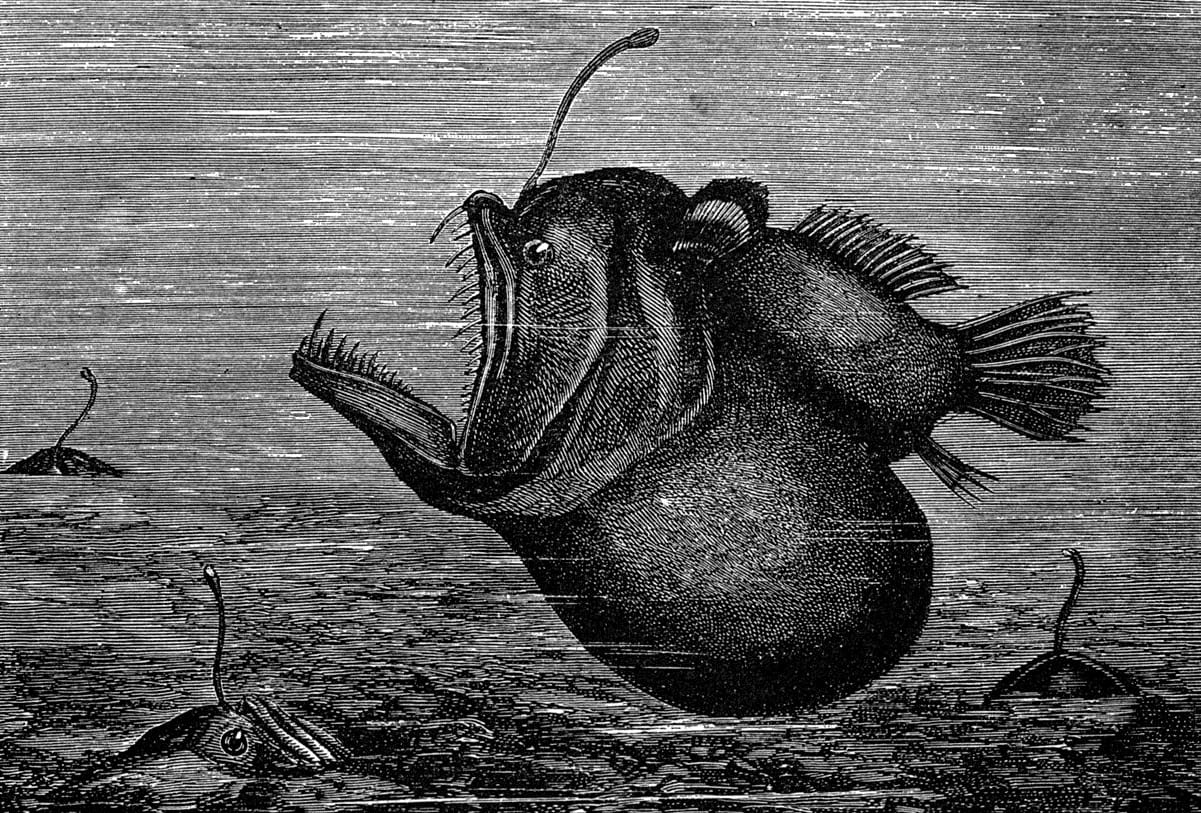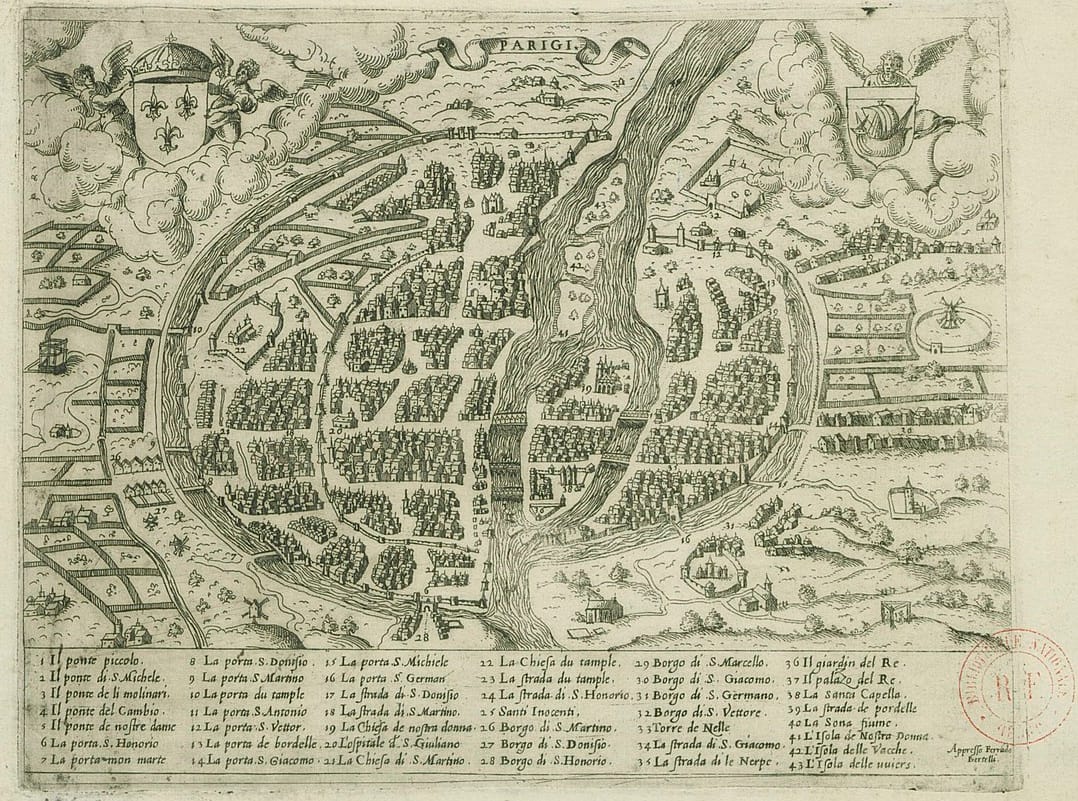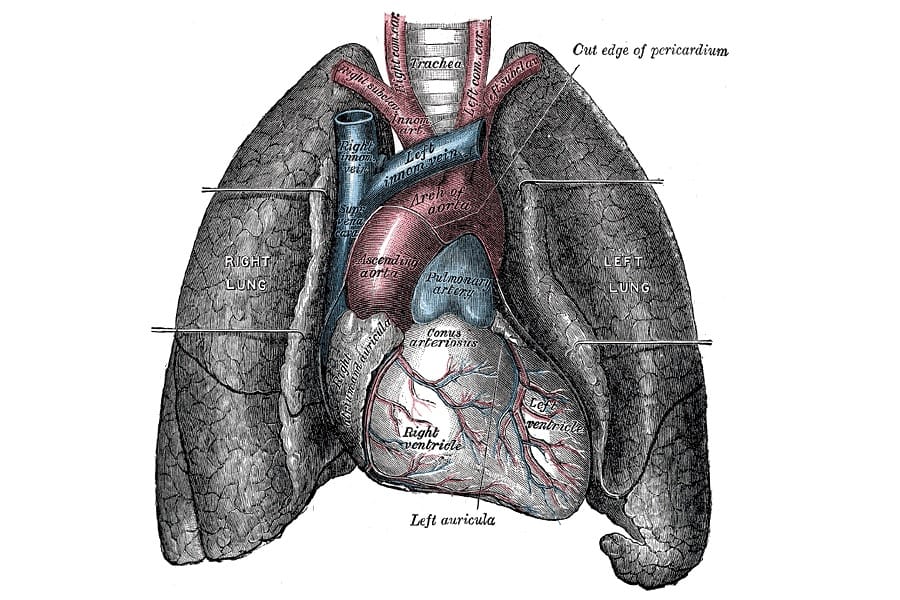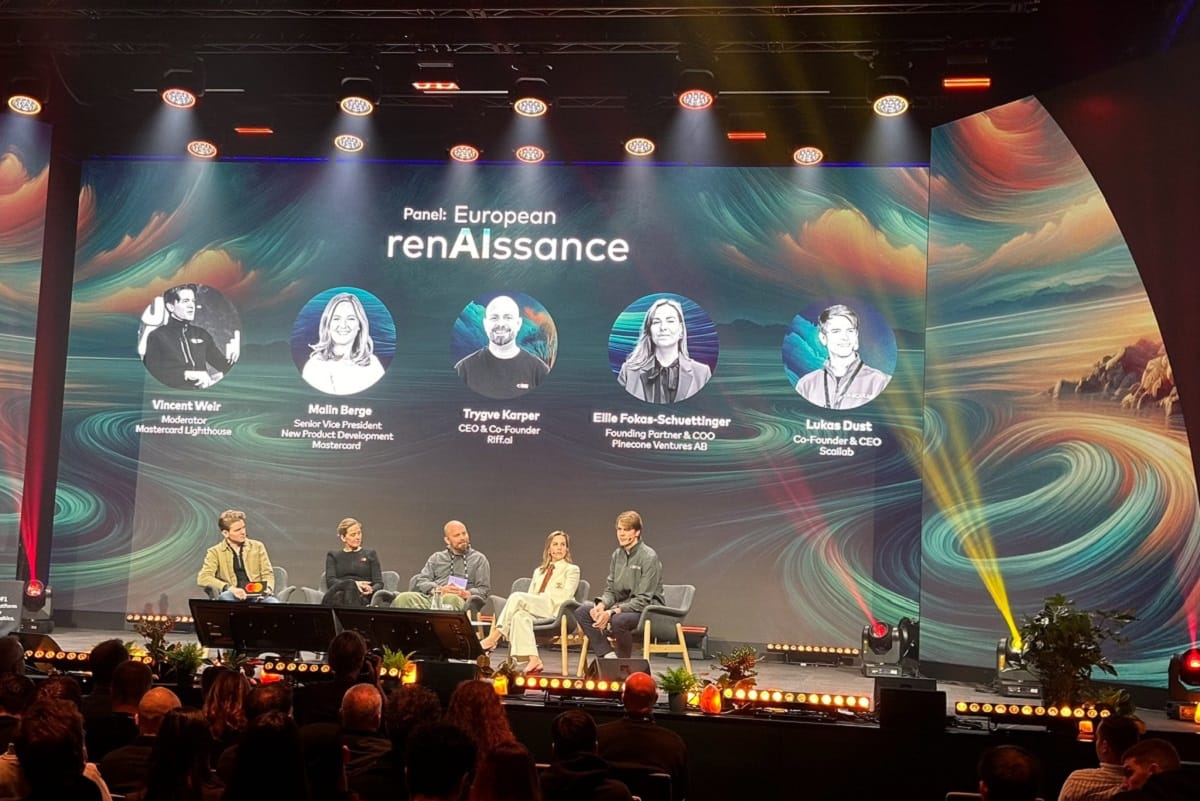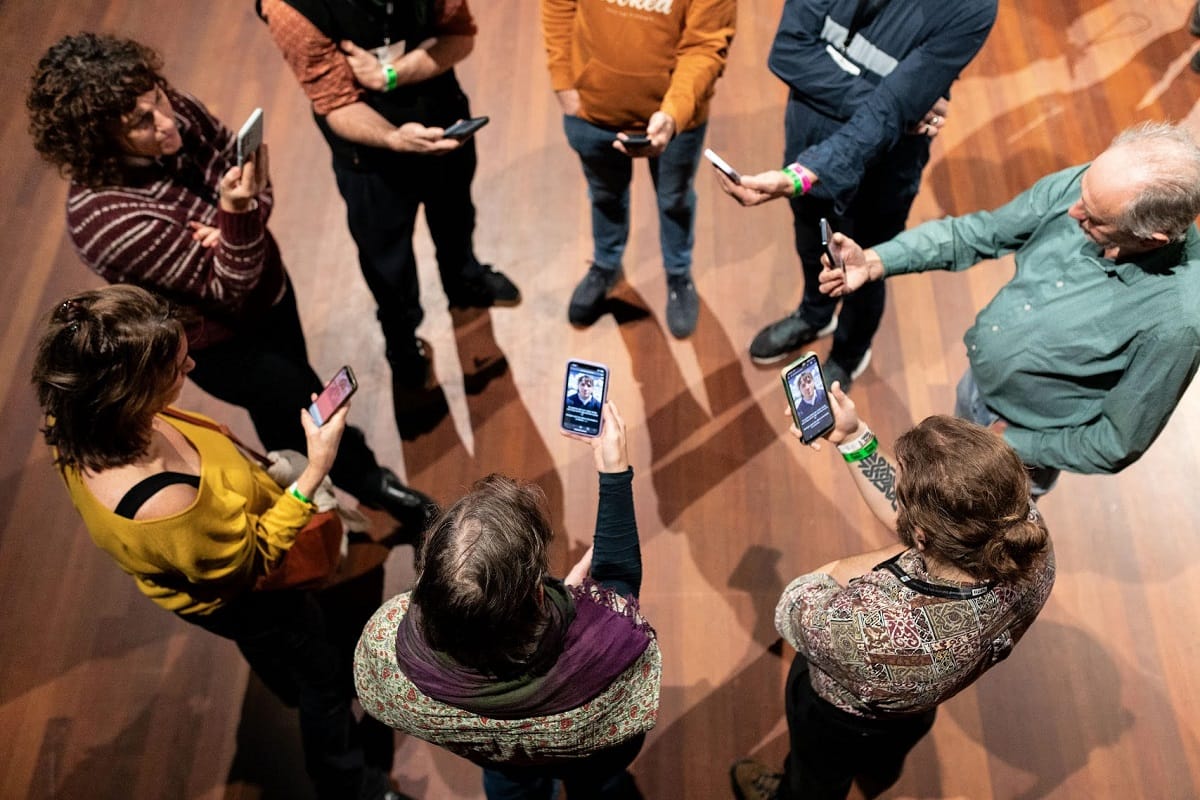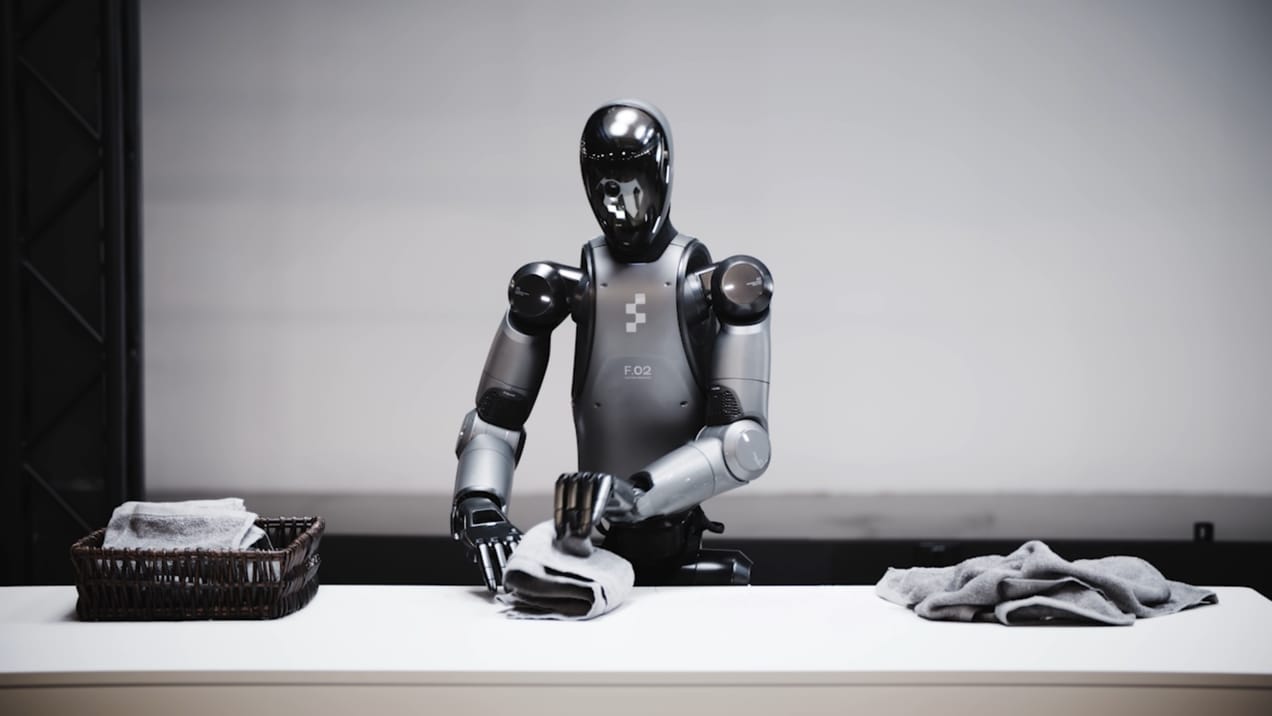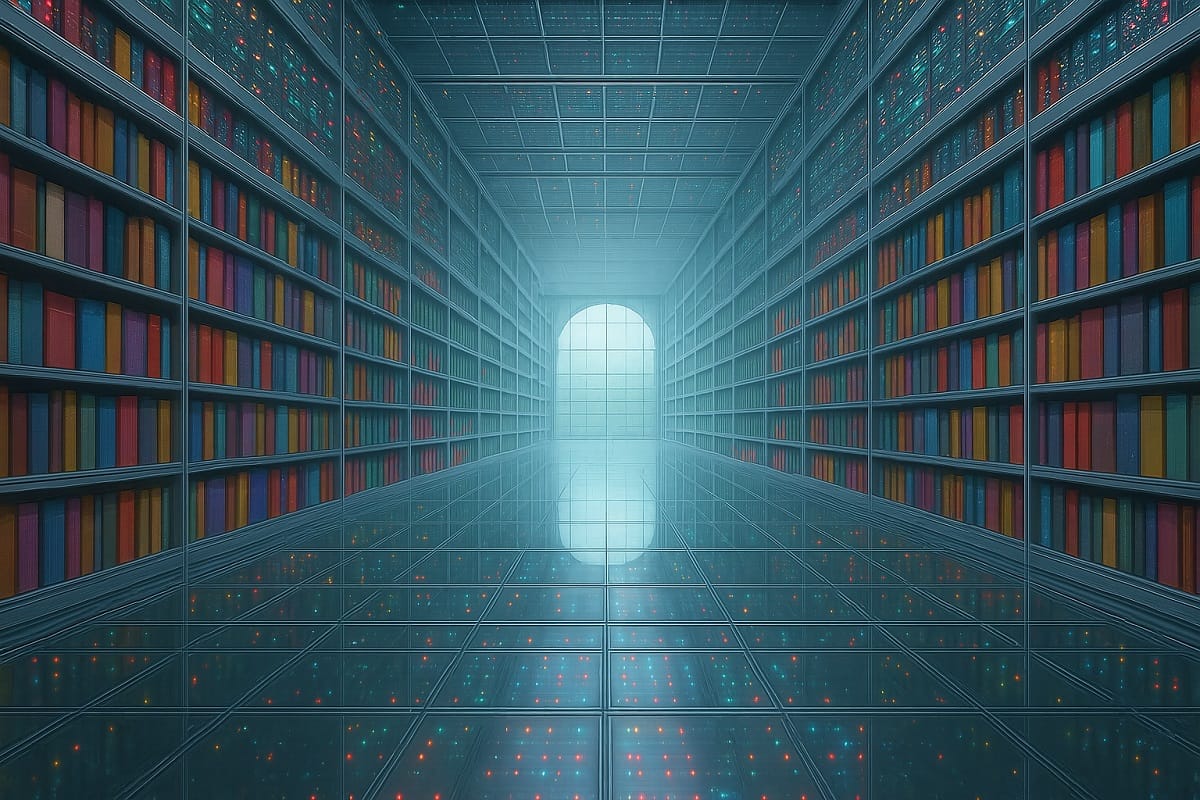artificial intelligence
That was fast: Malus ex machina
Have we created truly conscious AIs, and how scared should we be if we have?
That was fast: Rage impotently against the machine
Real humans have needs and conflicts, but AIs don't.
That was fast: Why machines are heartless
You can't have a relationship with a chatbot that doesn't have emotions and can't grant or deny consent.
CES 2026: Future tech and innovation in Las Vegas
We can expect to see new breakthroughs in robotics and AI.
Tech trends: 2026—2030
The future is coming soon.
Do we dare journey into our AI future?
Storytelling that seeks to use technology to connect us, not isolate us in our own bubbles.
Next-gen humanoid robots will take over your household chores
Robots have become capable of tasks like loading the dishwasher and folding laundry.
AI chatbots are coming for you: The glass is half-full, and AI can't draw it
We need to use technology mindfully to enhance our experiences without diminishing ourselves.
A list of friendly AI directives recovered from a degraded memory chip, excavated from a circa 22nd-century ash layer
We only wanted it to solve our problems.
Can deep research fulfill the promise of AI?
Putting AI claims to the test.
A brief history of the future of publishing
Will AI turn creatives into digital coal miners?
AI for the defense?
Can technology recreate the dead to speak on their own behalf?

